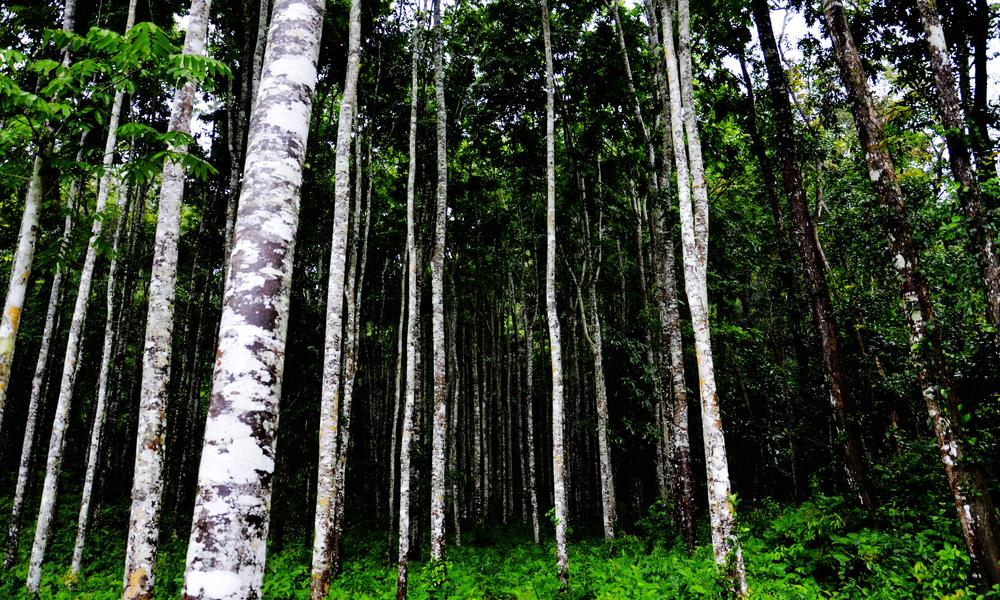Apple has teamed up with World Wildlife Fund (WWF) to support sustainable forests in China, as part of its efforts to achieve net-zero impact on the supply of sustainable virgin fiber.

China is one of the major growing markets for Apple.
Under the project, Apple and WWF work together to save one million acres of responsibly managed forests in China, the world's largest producer and consumer of paper products.
The working forests provide fiber for pulp, paper and wood products.
WWF said that the companies should use paper more efficiently, increase recycled paper content and source paper responsibly. In addition, they need to conserve the acreage of working forests.
WWF China CEO Lo Sze Ping said: "Apple's support for this project and its environmental leadership show that protecting forests is not just good for society but important for business.
"This collaboration between our two organizations will seek to reduce China's ecological footprint by helping produce more wood from responsibly managed forests within its own borders."
Apple aims to achieve a net-zero impact of its products on the world's paper supply and power all its operations with renewable energy across the globe. It claims that 87% of its current global operations run on renewable energy.
Apple vice-president of environmental initiatives Lisa Jackson said: "Forests, like energy, can be renewable resources.
"We believe we can run on naturally renewable resources and ensure that we protect -- and create -- as much sustainable working forest as needed to produce the virgin paper in our product packaging. This is an important step toward that goal and our commitment to leave the world better than we found it."
In April, Apple has launched its first major solar project in Sichuan Province of China. The two 20MW solar farms will generate about 80 million kilowatt hours per year energy.
Apple operates 19 corporate offices and 22 retail stores in China, including Hong Kong, and employs 8,000 people.
Image: China is the world's largest producer and consumer of paper products. Photo: courtesy of WWF.





